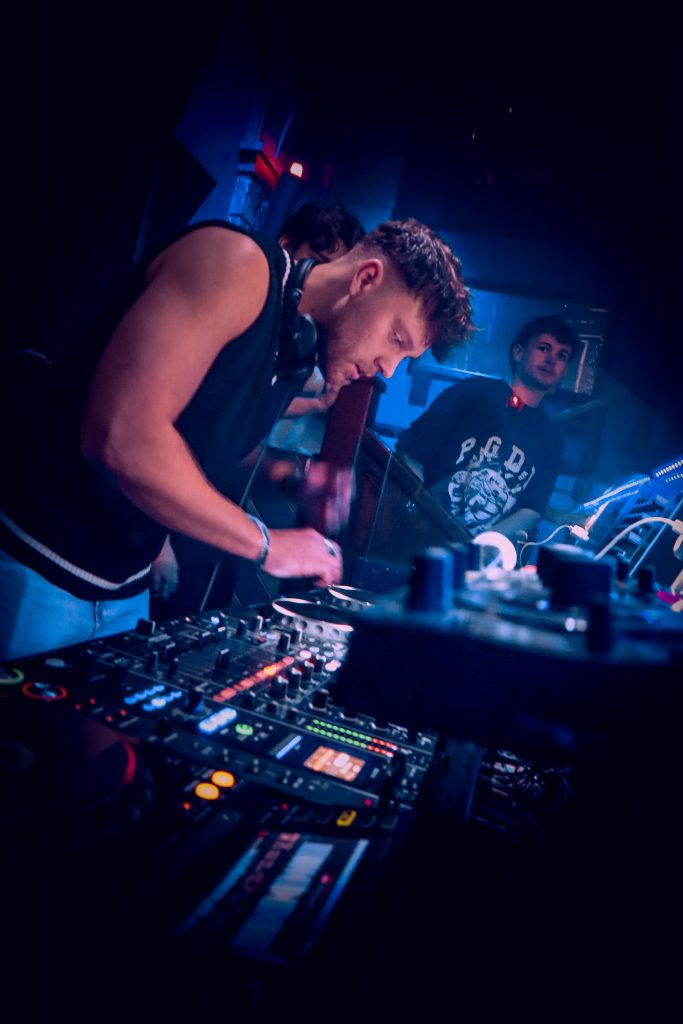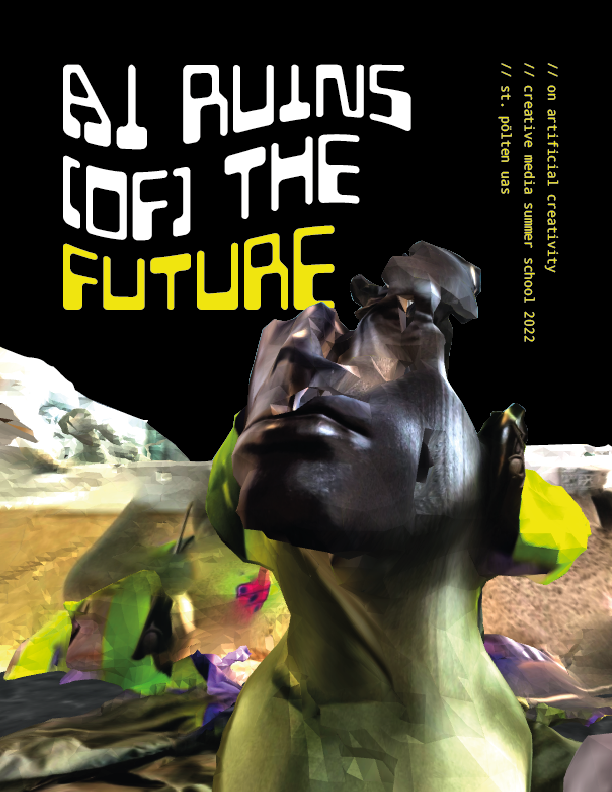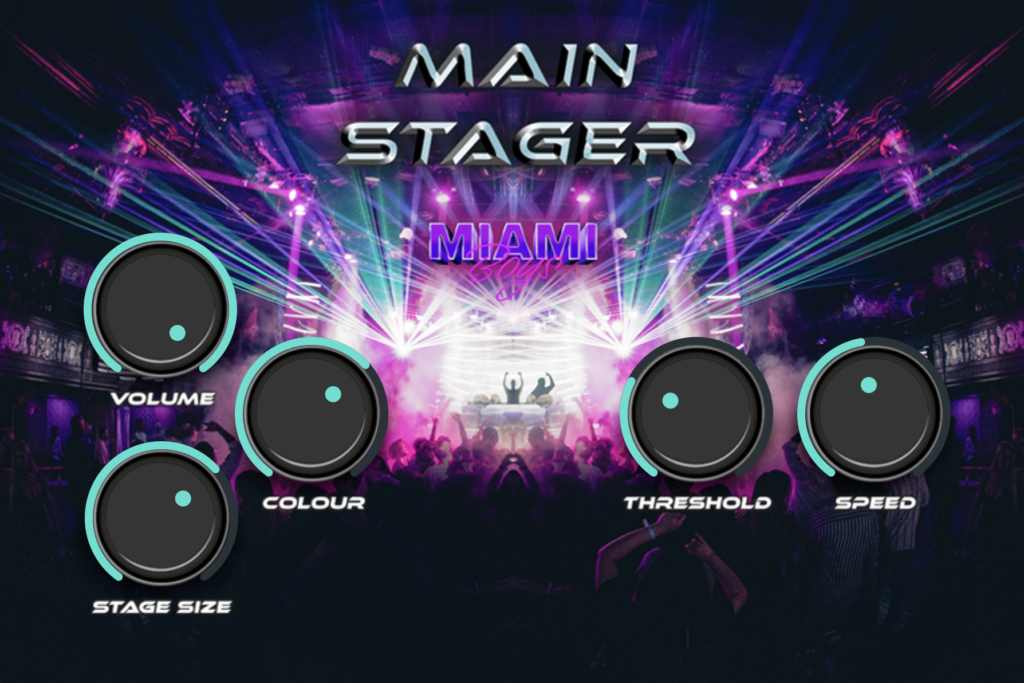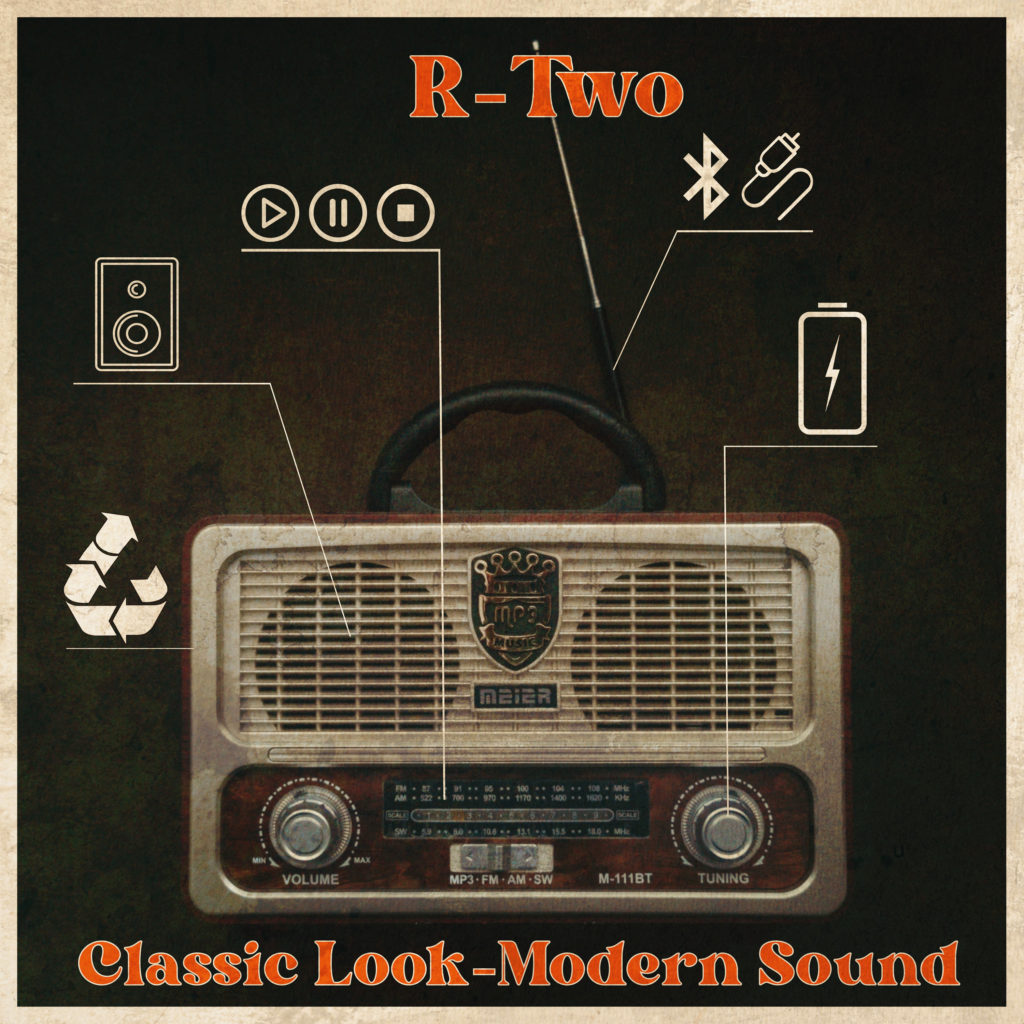
„Lerne die Regeln wie ein Profi, damit du sie wie ein Künstler brechen kannst.“
– Pablo Picasso
Master Thesis: Sonification of the Social Network Map by Peter Pantuček-Eisenbacher
In my Master Thesis I was working on a sonification for the social network map
designed by Peter Pantuček-Eisenbacher. Sonification, which involves making
data audible to communicate information and enhancing the interpretability of
datasets beyond their visual representation, is utilized across various sectors such
as finance, healthcare, and environmental research. The objective of the project
was, to extend the application of sonification principles to the field of social
diagnostics, specifically focusing on network diagnostics.
Network diagnostics deals with the social surroundings of individuals. A tool that
has been established in this context is the social network map. Social workers work
with this map to gain insights into clients‘ social connections and to promote
meaningful conversations. Insights gathered from interviews with experts in
network maps played a pivotal role in coming up with an appropriate design for
sonifying the social network map, with the aim of aiding social workers in their
profession.
Tun, Forschen, Gründen:
Soundtrack für Grafik Design Portfolios
In the second semester of my studies I was lucky enough to create soundtracks for three students from the Masterclass Graphic Design. Every single musical piece was a whole different challenge, because the style and taste of the artists differed so much. That’s why I’m especially happy that I was able to create music that all of us involved are happy with.
Summer School: Artificial Intelligence

AI Ruins (Of) The Future
https://newart.city/show/ai-ruins
As an exploration into Artificial Creativity, AI Ruins (Of) The Future illustrates landscapes of merging virtual and physical realities. The spectator navigates the 3D environment littered with AI generated objects trouvés and soundscapes scattered through space as ruins of a lost civilization. The artpiece examines the increasingly blurring borders between human and machine, reality and simulation, fact and fiction.
This project was designed during the Creative Media Summer School by a group of students from the St. Pölten University of Applied Sciences.
Sound Design
- Christoph Fuchs
- Fabian Gaugusch
- Thomas Klein
- Manuel Schumach
Visual Design
- Anna Schürmann
- Felix Hadi
- Lena Kernstock
- Michael Stidl
- Theresa Neurauter
Lecturers
- Andrew Blanton
- Clara Blume
- Michael Iber
Miami Boys‘ „MainStager“
Masterklassenprojekt 2. Semester

Big Room. A genre that defined electronic dance music festivals in the early 2010s and is still played around the world to this day. Characteristic for the sound of the genre is a massive reverb on the lead synthesizers, which is ducked as soon as the synthesizer plays the next note. Thus, the impression of a huge room or festival is created, but the mix always remains clean and well-defined, while the gaps between the synthesizer notes are filled up with reverb. To achieve this effect, a complex routing in the DAW is necessary, which requires advanced skills in music production.
For the 2nd semester project, which is about sonic interaction, a reverb plugin called „MainStager“ VST/AU was designed. The focus is on the iconic sound of the reverb in the genres Big Room and Electronic Dance Music in general, which is perfect for lead synthesizers, vocals and huge snare drums.
The plugin has the following features including corresponding sliders / knobs:
- A reverb with adjustable volume, adjustable timbre (dark – bright) and adjustable room size.
- Compressor with adjustable threshold, release and sidechain function, which compresses the reverb of the input signal
- The UI is focused around the DJ duo „Miami Boys“ and their corporate design, rather than acting as an analyzing tool
The unique selling point is mainly on improving the workflow of the artist and creating a unique sound (signature sound of the musicians Miami Boys). This in turn increases the awareness of the DJ duo and helps to gain more reach in the EDM scene.
Retro-Radio „R-Two“
Masterklassenprojekt 1. Semester

Der Fokus des Projekts „R-Two“, an dem ich gemeinsam mit meinem Masterklassen-Kollegen Steffen Acosta gearbeitet habe, liegt auf Nachhaltigkeit und Upcycling. Statt in die Jahre gekommene, nicht mehr funktionsfähige Röhrenradios in den Müll wandern zu lassen, erwecken wir sie mit modernster Technologie und Konnektivität wieder zum leben. Brandneue HiFi-Lautsprecher und Verbindungsmöglichkeiten wie Bluetooth, WiFi und Aux sind nur ein Vorgeschmack auf das, was das R-Two zu bieten hat.